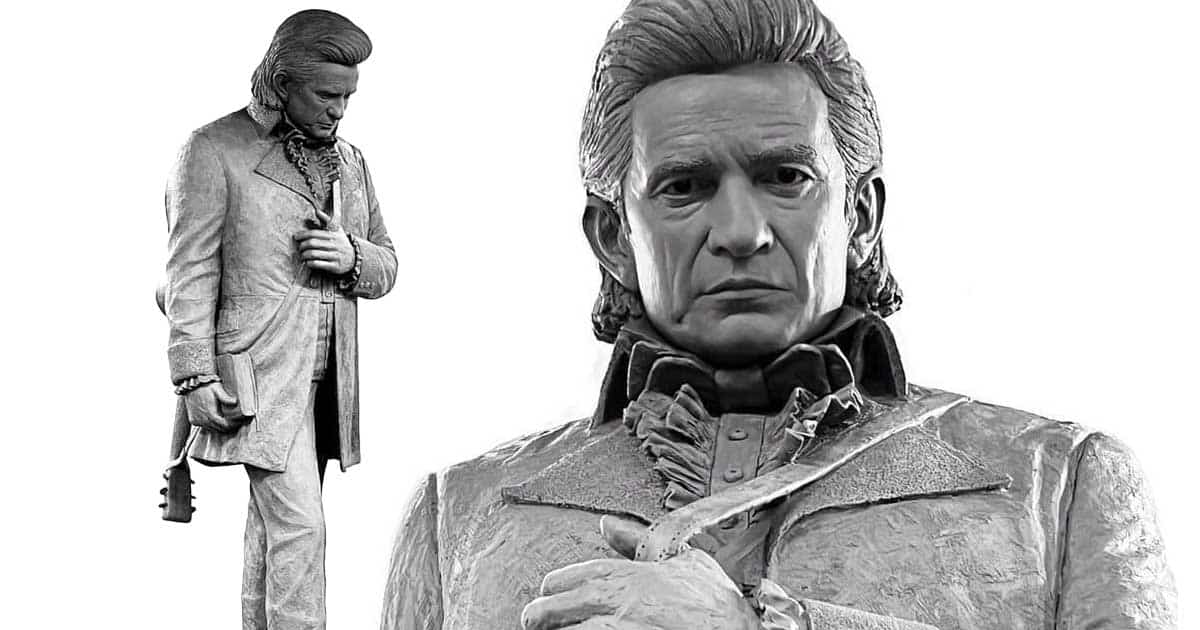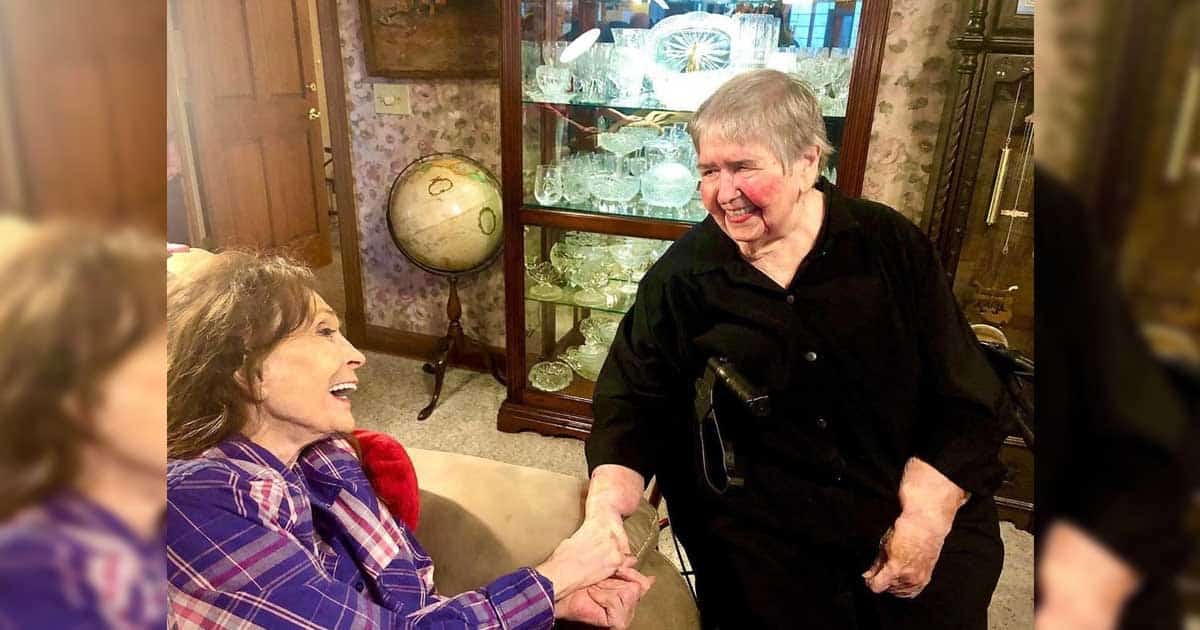Johnny Cash is set to become the first professional musician to receive a statue in the U.S. Capitol on September 24. In a congressional letter announced on Wednesday, July 31, the country legend’s commemoration will be held at 11 a.m. in Capitol’s Emancipation Hall as part of the National Statuary Hall Collection. The hall commemorates two notable figures of each U.S. state.
JOHNNY CASH will get a statue in the Capitol pic.twitter.com/izskHK0Qce
— Jake Sherman (@JakeSherman) August 1, 2024
Cash’s statue will be the second figure from Arkansas and the first musician to take his place at the Capitol. He will be joining the bronze statue of another Arkansas native, civil rights activist Daisy Bates, which was unveiled on May 8.
Both Cash and Bates’ statues replaced two controversial figures in the Capitol — James P. Clark, a former Arkansas governor and U.S. senator, and Uriah M. Rose, a 19th-century lawyer. Rose was known to be a Confederate sympathizer, while Clarke was a fervent white supremacist.
Cash was born in Kingsland, Little Rock, Arkansas, in 1932. The “Man in Black” singer was a genre-defining artist for his blues, country, rock, and gospel songs with over 90 million records sold worldwide. From the late 50s to the 90s, he dominated the music charts which earned him 13 Grammy Awards and 9 Country Music Association Awards. He was later inducted into the Country Music Hall of Fame in 1980 and the Rock & Roll Hall of Fame in 1992. He died in 2003 at the age of 71 from diabetes complications.
In an NPR interview by Scott Simon, Little Rock sculptor Kevin Kresse chose to create an 8-foot-tall Cash bronze sculpture with a guitar across his back and a Bible in his hand. “I think the honesty of his work, the truth in his lyrics, and the simplicity and straightforward way of getting that message across just spoke to me as an artist as well,” Kresse said to Simon.
Klansee Tozer, a senior graphic designer at the University of Arkansas Little Rock, was blown away by the design. “Seeing it up close, I could see the texture of the clay and how he worked his magic to form this realistic image of Johnny Cash. It was very breathtaking,” Tozer said.
Aside from a statue, Cash’s childhood home in Dyess was restored by the National Register of Historic Places in 2018 to immortalize his life and development as a musician. While the legendary singer was known for his baritone voice, he also passionately advocated for prison reform and Native American rights. Songs like “White Girl” (1964), “San Quentin” (1969), and “What Is Truth” (1970) were some of Cash’s tunes that challenged conservative political views.
To honor Johnny Cash’s legacy, House Speaker Mike Johnson, Democratic Leader Hakeem Jeffries, Arkansas Governor Sarah Sanders, and his family will attend the statue’s unveiling ceremony next month.


















